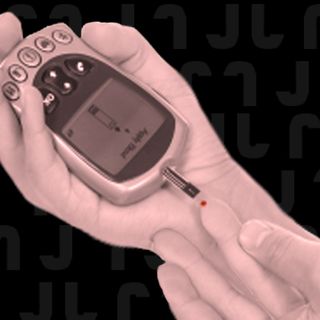A new study has linked postnatal depression in men to later depression in their teenage daughters.
While the findings do not establish that a father’s postnatal depression causes a daughter’s adolescent depression, it is the latest entry into a growing body of research into the effects of paternal mental health on children; a 2017 study, published in the Lancet Psychiatry journal, found an equal association between fathers’ and mothers’ depression, and their teen children’s depression.
Roughly 10% of fathers, globally, experience paternal postnatal depression, according to a recent report.
Related on The Swaddle:
“What is new in this paper is that we were able to follow up the young people from birth through to the age of 18, when they were interviewed about their own experience of depression,” says
Paul Ramchandani, PhD, a specialist in children’s learning and development at the University of Cambridge, UK. “Those young people whose fathers had been depressed back when they were born had an increased risk of depression at age 18 years.”
Ramchandani and colleagues found a “small but significant” increase in risk of depression among daughters only, not sons; it is unclear why, but the study was relatively small — involving around 3,000 families in Bristol, UK — and it’s possible that replicating it at a larger scale could yield different results.
“It appears that depression in fathers is linked with an increased level of stress in the whole family, and that this might be one way in which offspring may be affected,” Ramchandani posited.
Ramchandani clarifies that most children will not be so affected by parental depression; as noted, the study did not find evidence of causation. But, he adds, he hopes the findings can be used to raise awareness as well as support for postnatal depression in men, as well as women.




